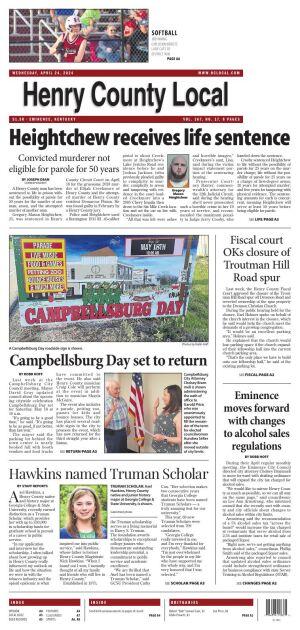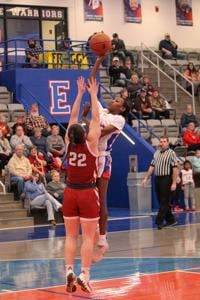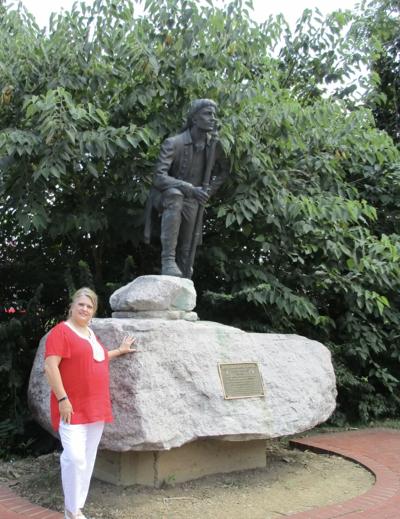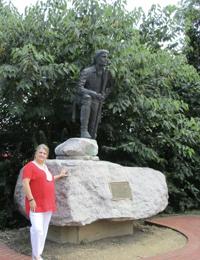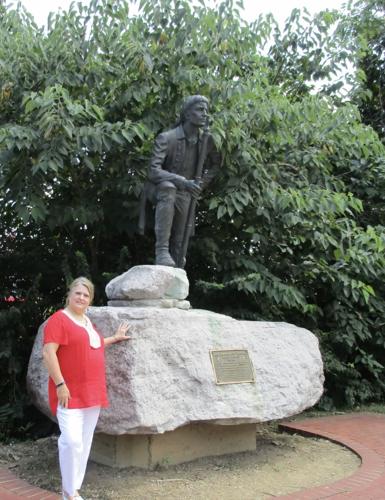For those who have an interest in your family history/genealogy, have you ever hit a brick wall when it comes to your female ancestors and maternal lines? At times, even finding male ancestors can depend on whether or not the researcher knows the maiden name of their daughters. It can be a real struggle when there are so few records of her and even fewer contain her maiden name. This can be the greatest challenge for genealogists. Whether you want to think about it or not, many of our ancestors immigrated to the United States at various points throughout history, this fact adds a whole new layer to the challenge of genealogical searching.
So why can it be so difficult to find women in the old records? Well, that answer is fairly simple. Before the 20th century, most historical records were for and about men. Property was usually listed under the man’s name-federal census records from 1790 to 1840 listed only the male head of the household-and men ran businesses and the government. It was expected, and to a certain degree still is, for a woman to change her name each time she married, and for the children to carry the man’s surname to the next generation. But there are tricks that can help you find the women in your family tree.
We already know that women change their last name when they marry, in most cases. But it was also quite common for a woman to use variations of their first name as well. When you are making your list or notes, be sure to write both full, maiden, married and nicknames of the woman that you’re looking for. Elizabeth might be “Betty” or “Eliza” and Sarah might be “Sally”.
Also be sure to make note of the name of the husband, children and siblings-especially any unusual names. These names could be from the mother’s family or even grandmother’s maiden name. Naming traditions hold valuable clues, not only for figuring out people but for figuring out where people came from.
Jane Ashley Pace, of the Henry County Local and Oldham Era, recently shared this story:
“My mom, Palvena Jane (Bunch) Pace, has always been asked where her name came from. Her mother said Palvena Jane Neville was the name of her friends Sally and Kate’s mother, and she liked it. Mom and her aunt are interested in genealogy and were able to determine that our family goes back to Timothy Demonbreun, known as the “first citizen” of Nashville, Tennessee. In researching the family line and visiting a statue of him in Nashville, Mom found a brick with her name, Palvena Jane, on it and they determined that the Palvena Jane she was named for was in fact related to us but on her Dad’s side. My Grandma and Granddaddy had already passed away so they never knew that Mom was actually named after a relative, not just a friend. Demonbreun was French Canadian so the name originated from there.”
Unfortunately, there is no waving a magic wand when it comes to finding some of our female ancestors. Some of them will never be found and we eventually have to resign ourselves to that. The records could have been lost, destroyed or never existed in the first place.
But we must never give up until all avenues have been exhausted. Remember, weddings mean marriage records, children could have birth or baptismal certificates that would have the parents names on them-do remember that many states didn’t require birth and death certificates until WWI and even then they were a bit sporadic until really WWII, as people moved-and if they had the means-they bought land, which means tax records or deeds.
The Henry County Local had community columns where a local correspondent would report on the comings and goings of those in the individual communities until August 1989. These community columns can be a treasure trove when it comes to locating a female ancestor, especially if she was involved with a local church or civic group. It is even easier now that the Henry County Library has the Local digitized. You can just go into the library, bring up what was once microfilmed on the computer and even type in a keyword to search for and it will search all the issues that were microfilmed. From there you can download the image for saving or print it, the program even allows you to clip certain parts of the article in case you don’t want the whole page. Do be sure to note the date though! That will help you when you go back to review later.
Finally, if you’re coming up stumped, look for your ancestor in records of her husband, father, brothers or other men she might have been associated with. Search for her with neighbors, friends and other relatives outside her immediate family. One of my female ancestors, after the death of her husband, moved in with her eldest son. The wife of one of the founding fathers of Eminence, Gideon King, Sophia, was visiting family in Kansas at the time of her death according to a telegram received by her family. Not a woman, but it took me years to find my 3rd Great Grandfather in Clairborne County, Tennessee after the death of his father in a Civil War prison camp. I still haven’t figured out what happened to the mother, though my suspicion is that she died in childbirth with my 3rd Great Grandfather’s younger brother. But I finally found him in the home of my 3rd Great Grandfather’s 1st wife’s family. Leave no stone unturned!
Hopefully, these tips have given you some new avenues to travel. If you need help, do not hesitate to contact the Henry County Historical Society. We are happy to help in any way we can!


